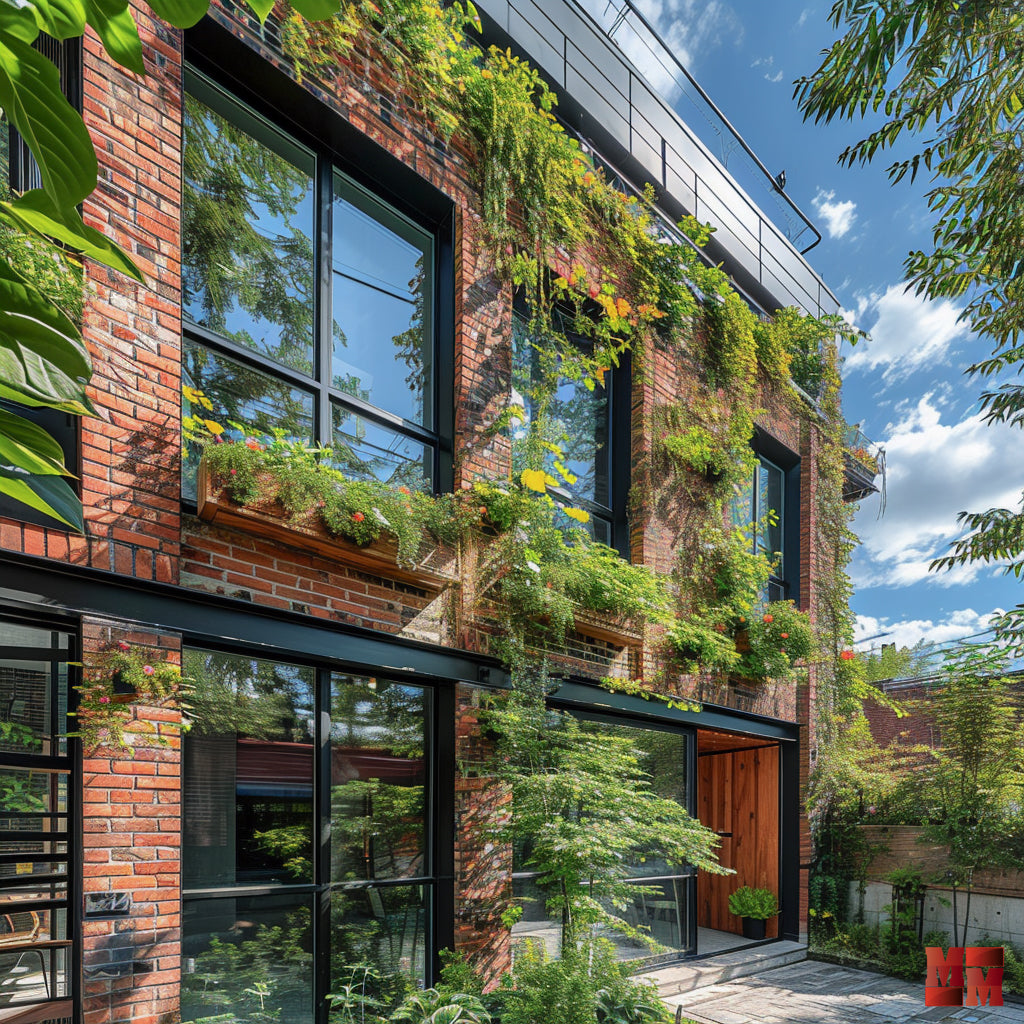Environmental Regulations in Masonry Projects: An Essential Guide
Introduction
In the field of masonry, adhering to environmental regulations is crucial, especially in Montreal, Laval, Longueuil, and on the South and North Shores. These standards ensure not only the durability of constructions but also preserve the environment. Let’s closely examine these regulations and their impact on masonry projects.
The Basics of Environmental Regulations
Understanding the Importance
These rules aim to reduce the ecological footprint of construction projects and protect public health. They cover various aspects, ranging from waste management to the control of pollutant emissions.
Key Areas
- Construction waste management: Sorting, recycling, and proper disposal of debris.
- Use of sustainable materials: Choosing eco-friendly and local materials to minimize environmental impact.
- Reduction of CO2 emissions: Using less polluting techniques and machinery.
Specific Standards for Masonry
Material Choices
- Eco-friendly bricks and stone: Favoring materials with a low carbon footprint.
- Eco-friendly mortars and adhesives: Opting for less toxic and more environmentally friendly products.
Eco-responsible Construction Techniques
- Rainwater harvesting in construction processes.
- Reuse of materials: Where possible, recycle bricks and stones for new projects.
Impacts and Benefits
Environmental Benefits
- Waste reduction: Fewer materials ending up in landfills.
- Preservation of natural resources: Less extraction of new materials.
Economic Benefits
- Energy efficiency: More durable constructions mean long-term savings.
- Waste valorization: The sale of recycled materials can generate additional revenue.
Case Studies: Exemplary Projects
Project A
- Use of recycled bricks in a residential construction.
- Innovative water management system to reduce consumption.
Project B
- Construction of a commercial building with local materials.
- Installation of solar panels for better energy autonomy.
Conclusion
Adhering to environmental regulations in masonry is not just a legal obligation, but also a commitment to our planet and communities. At Maçonnerie Montréal, we commit to integrating these principles into all our projects, thus ensuring a greener future for Montreal, Laval, Longueuil, and the South and North Shores.

